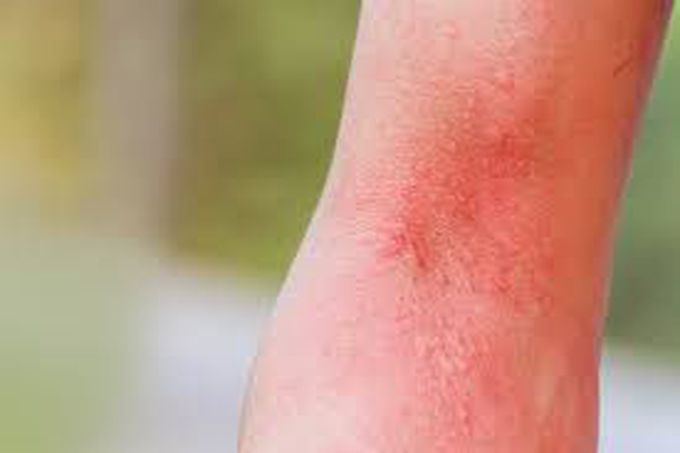


Causes of anhidrosis
Anhidrosis, the inability to sweat, can stem from various causes, including nerve damage, skin conditions, and certain medications. It can also be a congenital or inherited condition or a result of systemic diseases. Dehydration can also contribute to anhidrosis. Here's a more detailed breakdown of the causes: 1. Nerve Damage: Neuropathies: Conditions like diabetes, Guillain-Barré syndrome, and certain inherited neuropathies can damage the nerves that control sweat glands, leading to anhidrosis. Spinal Cord Injuries: Damage to the spinal cord can disrupt the neural pathways that transmit signals to the sweat glands. Central Nervous System Diseases: Conditions like multiple sclerosis, Parkinson's disease, and stroke can affect the brain regions responsible for regulating sweating. 2. Skin Conditions: Burns and Scars: Severe burns or extensive scarring can damage or obstruct sweat glands, preventing them from functioning properly. Skin Diseases: Conditions like psoriasis, atopic dermatitis, and scleroderma can affect sweat glands and reduce sweating. 3. Medications: Anticholinergics: These medications, often used for various conditions, can interfere with the nerve signals that stimulate sweat production. Other Medications: Certain other drugs can also have anhidrosis as a side effect. 4. Congenital and Inherited Conditions: Ectodermal Dysplasia: This group of genetic disorders can affect the development of sweat glands. Fabry Disease: A metabolic disorder that can affect the sweat glands and other organs. Congenital Insensitivity to Pain with Anhidrosis (CIPA): A rare genetic disorder that affects the ability to feel pain, temperature, and touch, and also causes anhidrosis. 5. Other Causes: Dehydration: Severe dehydration can lead to anhidrosis as the body conserves fluids. Autonomic Nervous System Disorders: Conditions like Ross syndrome and Harlequin syndrome can affect the autonomic nervous system, which regulates sweating. Brain Tumors: Tumors in the brain, particularly in the hypothalamus or brainstem, can disrupt the signals that control sweating. 6. Idiopathic Anhidrosis: In some cases, the cause of anhidrosis cannot be identified, and it is then termed idiopathic.

